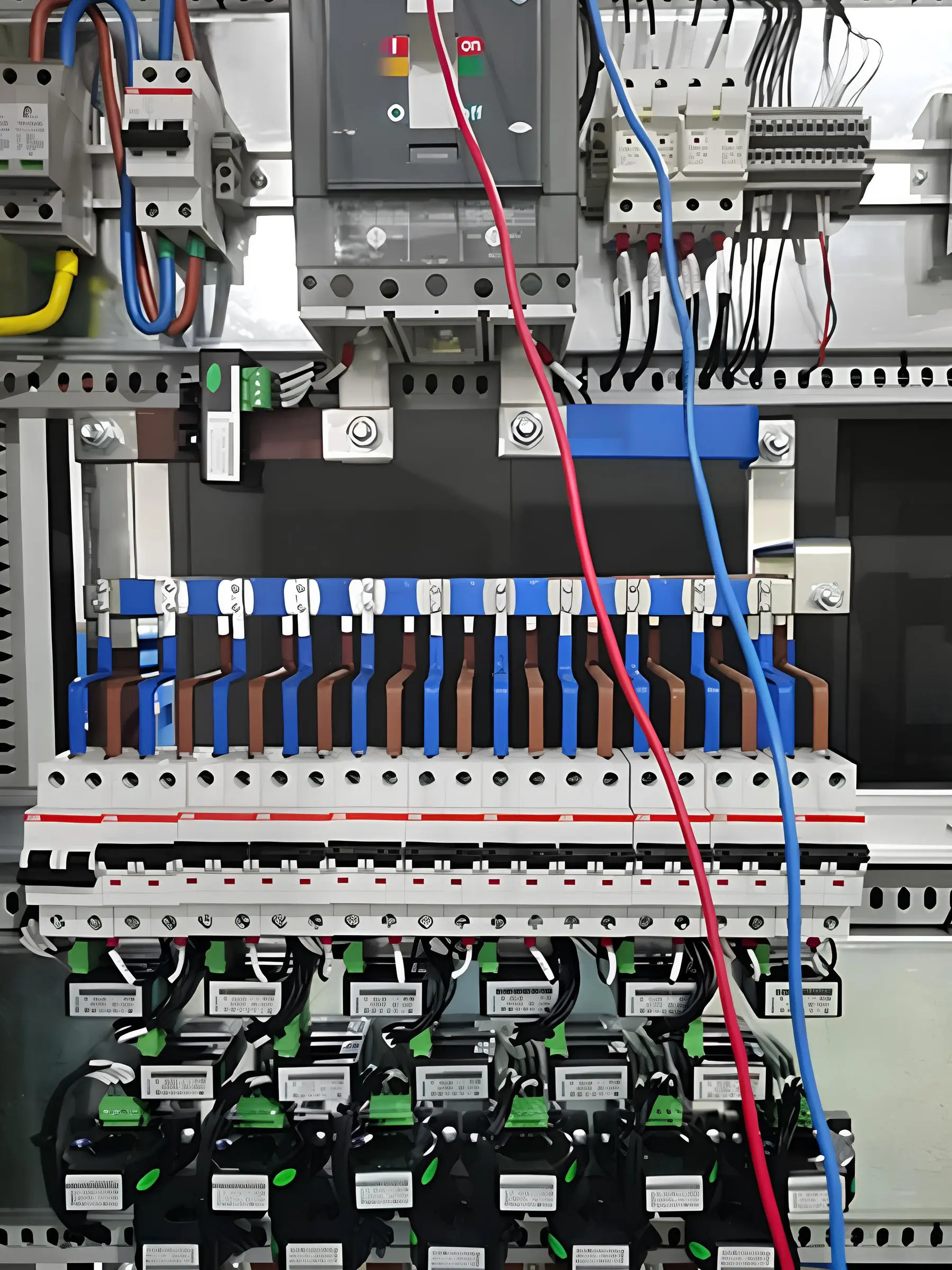Hall current sensor: a powerful assistant for current signal acquisition and feedback control
With the continuous advancement of science and technology and the increasingly widespread application, the collection and feedback control of current signals are playing an increasingly important role in many fields. As an efficient and accurate measurement tool, Hall current sensors are widely used in various current monitoring, battery management, power inverter, motor drive, electroplating, welding, frequency converters and UPS servo control systems. In addition, in electroplating and welding applications, Hall current sensors can monitor the size and fluctuation of current in real time, providing strong support for optimizing electroplating and welding processes. In systems such as frequency converters and UPS servo control systems, Hall current sensors play an important role in current signal collection and feedback control to ensure stable and efficient operation of the system.
In short, Hall current sensors are widely used in current monitoring, battery management, power inverter, motor drive, electroplating, and welding due to their fast response, wide measurement range, high accuracy, strong overload capability, excellent linearity and strong anti-interference ability. , frequency converters and UPS servo control and other fields play an important role. With the continuous development of science and technology, Hall current sensors will be used in more fields, providing strong support for the progress and development of various industries.

Hall effect sensors find widespread use across various industries and applications due to their ability to detect magnetic fields accurately and reliably. Some common applications include:
1. Proximity Sensing: Hall effect sensors are used to detect the presence or absence of magnetic objects, making them ideal for proximity sensing applications in security systems, door and window sensors, and industrial automation.
2. Speed and Position Sensing: Hall effect sensors can measure the rotational speed and position of rotating components such as gears, shafts, and wheels in applications like automotive speedometers, industrial machinery, and robotics.
3. Current Sensing: Hall effect sensors are used to measure the current flowing through a conductor without the need for physical contact, making them suitable for applications like motor control, power management systems, and battery monitoring in electric vehicles.
4. Brushless DC Motor Control: Hall effect sensors provide feedback for the commutation of brushless DC motors, enabling precise control of motor speed and direction in applications such as electric vehicles, drones, and computer cooling fans.
5. Magnetic Field Measurement: Hall effect sensors can be used to measure the strength and direction of magnetic fields in scientific instruments, magnetic compasses, and navigation systems.
Overall, Hall effect sensors play a critical role in a wide range of applications where accurate and reliable detection of magnetic fields is essential for monitoring, control, and measurement purposes.